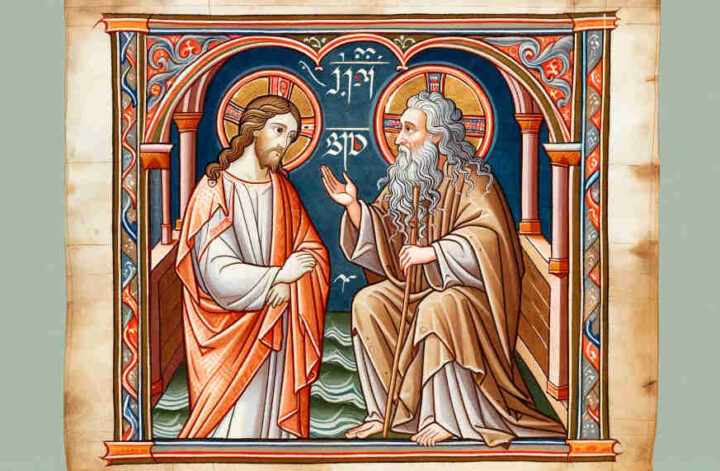Email from a reader: “Dear Rabbi Joshua, I’m interested in the Noahide laws and have a question: What is the perspective of Noahidism on a person who worships Jesus? Thank you for your insight. Regards, Emily T.”
Dear Emily,
Your question addresses a fundamental aspect of the Noahide laws concerning the worship of deities other than God. Let’s explore this subject within the framework of Noahidism.
Idolatry in Noahidism:
The first of the Seven Noahide Laws is the prohibition of idolatry. In the Noahide context, idolatry is broadly defined as the worship of any entity or being other than the singular, omnipotent, and unseen God. This definition emerges from a strict monotheistic perspective, which is central to both Jewish and Noahide theology.
Worshiping Jesus from a Noahide View:
From a Noahide standpoint, worshiping Jesus, who is considered a deity in Christian theology, falls under the category of idolatry. This perspective is based on the understanding that ascribing divinity to a figure other than the monotheistic concept of God deviates from the Noahide law against idolatry.
It is important to note that this is not a comment on the validity or spiritual value of Christianity as a faith tradition. Instead, it is an interpretation based on the specific requirements of Noahide law, which adheres to a strict monotheistic belief system.
Respect and Tolerance:
While the Noahide laws set forth clear guidelines for those who choose to follow them, it is also crucial to approach these matters with respect and tolerance for diverse beliefs and religious practices. The Noahide laws do not call for judgment or condemnation of others but rather for personal adherence to these principles.
In summary, Emily, a person who worships Jesus would be seen as engaging in idolatry from a Noahide perspective, due to the worship of an entity other than God as understood in strict monotheistic terms. However, this perspective is specific to the theological framework of Noahidism and does not seek to pass judgment on the personal religious beliefs of others.
Warm regards,
Rabbi Joshua



